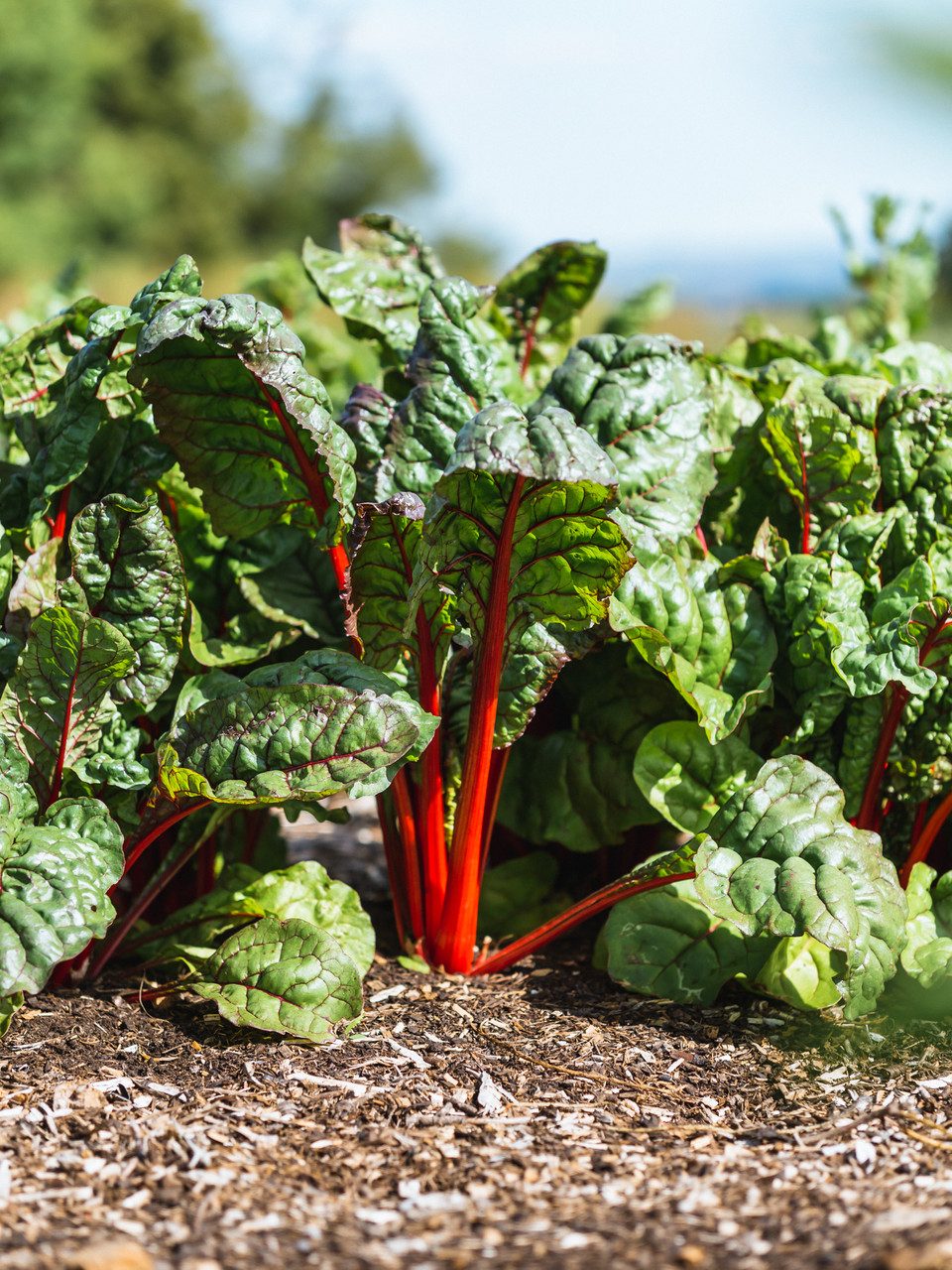Diet and Nutrition for Digestive Health Care
“All disease begins in the gut” Hippocrates
Gut issues are often seen as just a symptom of ill health as opposed to a cause
Nutrition for gut and digestive health
Nutrition is a key factor to maintaining health. The human body needs a complex set of vitamins, minerals, fibre, water, protein, and healthy fats to sustain a healthy balance within the body. These nutrients alongside our lifestyle determine the health of the gut microbiome, and this in turn impacts how we absorb the nutrients from the food we eat, how well our immune system functions, detoxification, sleep, our metabolism and our mental health. In fact we are still learning about the importance of this once overlooked aspect of our health and wellbeing. Our microbiome consists of over one hundred trillion bacteria, yeast’s, fungi and viruses of which there are up to 1,000 species of bacteria in the human gut microbiome, and each of them plays a different role in your body. The combination of these is as unique as your fingerprint.
A healthy microbiome is like a garden, if there is a variety of grass, seasonal flowers, plants and vegetables that encourages a diversity of insects, animals and birds to the garden it becomes abundant in life with all things having a part to play in sustaining that environment.

Our food provides the food source (prebiotic) for our bacteria and typically they love fibrous foods such as vegetables, fruits, wholegrains beans and pulses. We can also increase diversity of species by eating probiotic foods such as sauerkraut and yogurt and kombucha.
Some starchy foods such as rice and potato become healthier once cooked and cooled and are known as resistant starches, these include wholegrain rice, lentils, oats, quinoa, sweet potato, beans and peas. These are a great addition to salads.
If you are trying a food new to you, take it slowly, remember moderation is key and most importantly we want to enjoy our food, so even if it is healthy if you don’t like it don’t eat it.
Diet for digestive health care
Simple alterations within your diet can make a positive impact on your overall well-being. By avoiding refined carbohydrates and processed foods and incorporating a moderate amount of slow-releasing carbohydrates to your diet, you help to keep your blood sugar in check and your insulin levels regulated, avoiding the progression of diseases such as Type II diabetes. Aiming to avoid processed foods and to increase fresh, seasonal, organic produce -real food from local producers also helps the environment by cutting your carbon footprint.
Eating a seasonal “rainbow” of foods increases the diversity of nutrients we consume but also the bacteria that consume them. What we eat one day can really impact how we feel the next, from the excretion of toxins and waste products through to the production of serotonin, meaning gut health should be top of everyone’s priorities especially if you have take antibiotics during the last 6 months, suffer from anxiety or low mood, digestive issues or lowered immunity. Remember that there is no one size fits all with nutrition and that we all have personal likes and dislikes too, but with that in mind here are some foods that can really support a healthy microbiome.
Allium family – Leeks, onions, garlic
Fermented foods – Sauerkraut, kimchi, live yogurt, tempeh, apple cider vinegar
Wholegrains, bean, pulses, nuts and seeds
Colourful vegetable’s, fruit and spices such as sweet potato, peppers, red cabbage, pomegranate, turmeric, fennel, lime ginger, mint, cumin
Jerusalem artichoke, chicory, asparagus

The Map Room Caff
To help our members and guests with their nutrition at Combe Grove, The Map Room Caff is stocked with delicious freshly prepared real food. Many of the items on the menu have their ingredients sourced directly from Combe Grove’s estate to reduce its carbon footprint.
Look out for local seasonal recipes following soon.
Did you know that we are offering a Metabolic Health Retreat? Supported by Dr Campbell Murdoch, GP with a special interest in metabolic health and Type 2 diabetes. Click button below to learn more.